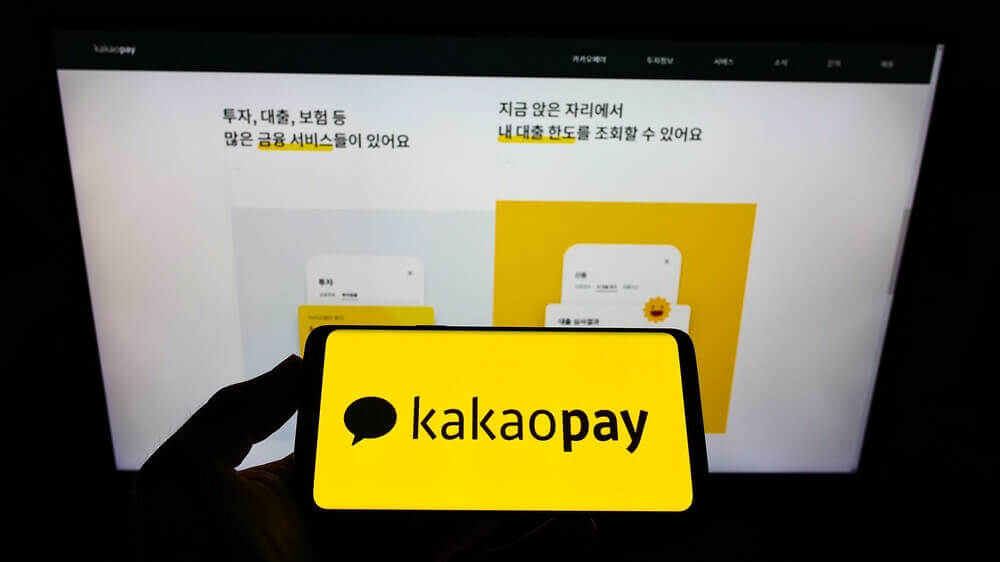On Wednesday, shares of South Korean fintech company Kakao Pay nearly doubled on its debut as its growth prospects enticed investors.
Accordingly, the firm opened at $152.40 per share on the KOSPI against an IPO price of $76.20 per share. Then, it surged a total of 156.00% as it closed to $163.35 per share.
Remarkably, Kakao Pay, backed by China’s Ant Group, showed a strong opening day performance in the main Korean index.
A regulatory filing mentioned that it would utilize $724.66 million from the company funds for mergers and acquisitions.
In 2014, Kakao Pay started payments services, and it saw its annual transactions significantly grow.
Subsequently, it posted a $40.63 billion profit in 2019 to $56.71 billion in 2020.
Remarkably, analysts forecasted that its transactions would likely grow sharply to around $84.62 billion in 2021.
At the same time, the company also provides mutual fund investments.
Furthermore, the business plans to offer mobile stock trading services to seek partnerships with global fintech companies.
Subsequently, Kakao Pay projects to join international markets such as China, Southeast Asia, and Europe.
Meanwhile, Kakao Pay’s parent Kakao Corp. still stands as its major shareholder with a 48.00% stake.
Correspondingly, Ant Group’s Alipay Singapore Holding currently holds a 39.00% stake.
Consequently, the listing came as South Korea’s financial regulator tightened its clutch on highly-valued tech companies.
This arising conflict implicated Kakao Corp., flagging accusations of abusing customer data and impairing small businesses.
Accordingly, regulators mentioned that financial services platform apps should register before providing financial product comparison and recommendation services.
Additionally, they turned down the company’s applications for the listing in August and September.
South Korean Tech Regulatory Scrutiny
As a result, Kakao Pay twice delayed its market debut as the Financial Supervisory Service posed questions about its IPO price.
At the same time, officials also examined Kakao Pay’s qualification for brokering insurance services.
Subsequently, the firm pushed back its IPO in November and weakened its indicative price range due to the fears of regulatory scrutiny.
Moreover, experts noted that the pressure from the government is unlikely to subside soon.
Meanwhile, Kakao Pay chief strategy officer Shin Won-keun mentioned that the persisting tightened regulation could increase consumer trust.
Overall, the broad domestic retail investor demand boosted the South Korean IPOs this year.
Consequently, it amplified volatility for newly-listed firms that have gained more than four times the funds they accumulated last year.











